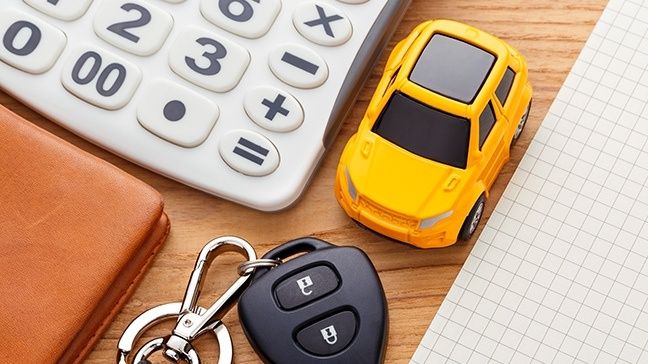Hire Purchase Vs Car Loan: Difference between Car Loan and Hire Purchase Agreement explained
There are two major differences for the consumer between a Hire Purchase Agreement and a “Personal Loan”.
Vehicle Ownership
The first concerns your relationship to the asset: in the case of a personal loan you receive money from the bank which is often an unsecured loan which you then use to buy any item – for example a car! The car is yours as soon as you purchase it, but you obviously must repay the loan amount plus interest to the bank. In the case of a Hire Purchase Agreement you are effectively leasing the car monthly. The car is not yours until the last payment is made. At that time title in the car will transfer to you. The bank can repossess the car if you do not keep up the payments. Another type of arrangement is a Personal Contract Plan (PCP) which is similar in many ways to a Hire Purchase Agreement but differs in the way the agreement is structured and the amount of money you have to pay at the end of the term known as a balloon payment or a Guaranteed Minimum Future Value (GMF)
Future Obligations
The second key difference between a personal loan and a Hire Purchase Agreement concerns the relationship between the car and a future potential purchaser of the vehicle. In the case of a personal loan where the money was used to buy a car the car does not have a financial interest listed against it, the loan is often unsecured, and the loan was personal to the intended recipient – so a future purchaser may take title in the car even if the personal loan was not paid off in its entirety by the original loan recipient. (In a case like this, where a loan was not paid back in full to the bank the bank would ordinarily look to secure judgment against the loan recipient for the outstanding amount. Obviously the bank would look at the option of seeking an order to repossess the car, but, if the car has already been sold then the bank can seek judgment against another asset).
Hire Purchase main difference with Car Loan
This is a very different scenario to a classical Hire Purchase Agreement or PCP.
In the case of these types of agreement the car belongs to the bank until the original recipient has paid off the last repayment. This means if the car is subsequently sold, with title still vesting in the bank, the future purchaser can lose the car – the bank can simply take it back as it still belongs to them. This is a disasterous scenario for a purchaser – that is why it is so important to do a finance check with Cartell. It is critical that a buyer is made aware if there is any outstanding finance owned on the vehicle as they don’t want to be made liable for that debt.
